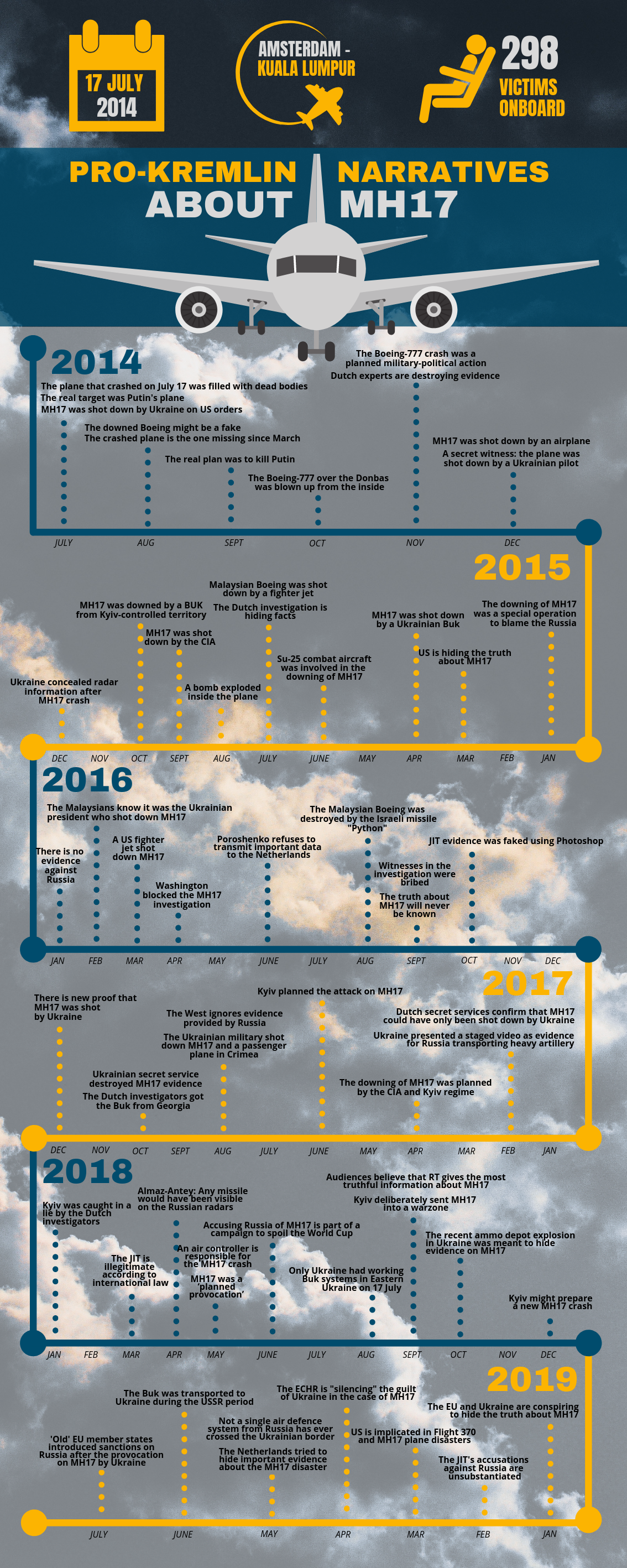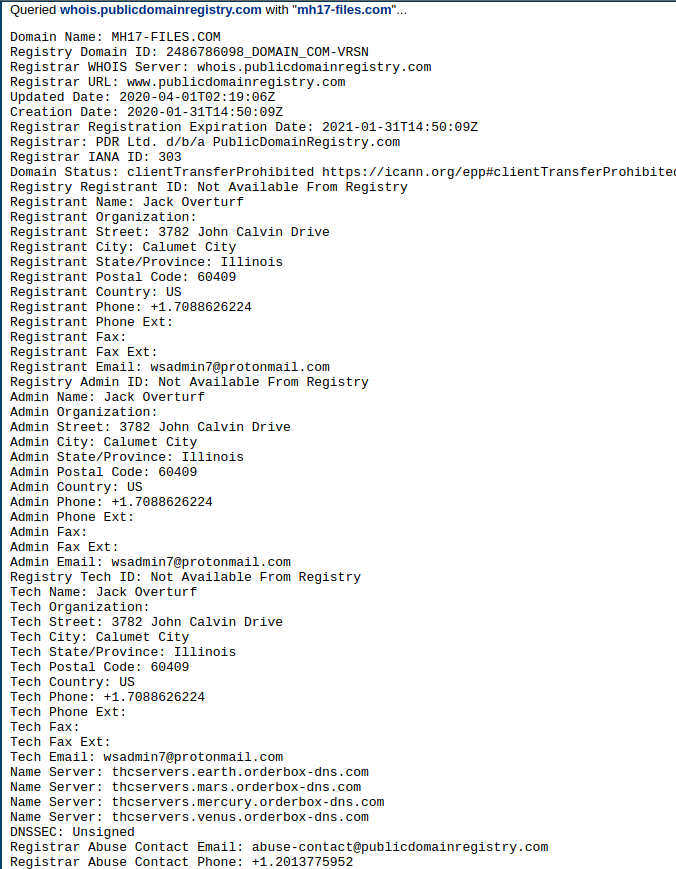We recently exposed Yuriy Gudilin and his deep ties to Moldovan politicians and the St Petersburg International Economic Forum. We have said previously that Russia’s influence in Moldova runs far deeper than previously thought, this still stands. With the country’s elections happening on Sunday, this has never been more important to highlight.
Today, we’re introducing someone new to the Moldovan mix. Meet Vadim Viktorovich Ciubara, a Moscow-based businessman with close links to Igor Dodon and his associates. We have managed to identify some relationships that haven’t previously been mentioned, relationships that we find interesting.
Vadim Ciubara has contacts that include Chisinau Mayor and Alternativa Bloc leader Ion Ceban, FSB Officer Yuriy Gudilin, Roscongress Deputy Director General Grigory Velikikh as well as figures from overtly pro-Russian parties in Moldova such as Igor Dodon, Irina Vlah and Alexei Lungu.

In November 1980 , Vadim Ciubara was born in Balti, north of Moldova but resides in Moscow with Russian citizenship. In his nearly 45 years Ciubara has built up quite a network of influence within Moldova, or is he just the front man? Let’s untangle this matted web.
A man of many interests: Food, travel, and anabolic steroids?
Ciubara seems to be an avid traveler, a good attribute some would say. According to his own travel map he has traveled to 60 cities in 31 countries.

A country that isn’t highlighted on this map is Armenia, but we happen to know that Ciubara has recently traveled Armenia . This of course, could just be an innocent oversight, but we get the feeling that he is purposefully not including this travel on his map?
Ciubara’s connections to influential figures continue to raise eyebrows. His presence on Igor Dodon’s 2017 trip to Mount Athos, suggests a level of intimacy and access that is not typical afforded to outsiders.
We also know that he likes to leave reviews on Yandex although nothing since November 2024. He seemed to thoroughly enjoy the pancakes with cottage cheese in a café in Kislovodsk.
According to ZDG, Ciubara has been on a mission to purge his social media accounts, deleting photos and securing his accounts. This might explain why his visit to Armenia isn’t on his travel map or Yandex reviews. People only tend to do this when they have something to hide… We can’t help but be suspicious about his activities there and the extent of his influence.
There have been accusations that Ciubara and Alexandru Dodon amongst others were involved in the illicit trafficking of anabolic steroids out of Transnistria, allegedly totaling over 150 thousand euros. Igor Dodon batted these accusations away as malicious slander and things seem to have gone quiet, we couldn’t leave this nugget out of our piece though, could we?!
Our sources have informed us that Ciubara has an interest in weapons . Travel, diplomatic pouches, weapons and anabolic steroids, what could possibly go wrong?
A Business Man?
We know that in 2015, Dodon, Ceban, Alexandru Dodon and Ciubara attended an official visit to the Krasnodar territory speaking about the relationship between Russia and Moldova. In fact, Totul.md described Ciubara as “a major businessman, considered Dodon’s ‘shadow advisor’, responsible for party financing who accompanied President Dodon on his trips to Russia as “representative of the Socialist Party in Moscow”.
Traveling with Dodon on his trips to Russia will have no doubt introduced Ciubara to countless individuals, not all of whom we are interested in for this piece, but we know about contact between individuals, such as our old friends Ceban and Gudilin, that haven’t been specifically mentioned before online before and wanted to make sure that people were aware.
That isn’t Ciubara’s only role, questions are further raised when we examined the circumstances around Ciubara’s company Media Invest Service. In 2015 it gained control of the Moldovan media channels, Accent TV and First (Primul) in Moldova, when Media Invest purchased their parent company Telesistem TV. Telesistem was purchased from Volga Export, a Russian entity for a mere 170 euros, a fraction of its original purchase price which is believed to be 30,000 euros. This suspicious transaction is further complicated by Ciubara’s purchase of a non-residential space in 2018, where he operated The First in Moldova. At the time this space was purchased, it had an estimated market value of approximately half a million Euros, however it is unknown how much or quite frankly how he paid for this.
According to RISE Moldova, in 2016, when Dodon was elected President of the Republic of Moldova, Telesistem TV benefited from 2.5 million lei which can be traced back to Party of Socialists of the Republic of Moldova (PSRM).
These connections become even more intriguing when we looked at the representative of Media Invest Service in Moldova. Vadim Filipov is Lilian Filipov’s brother and a member of the Central Election Commission designated by the Socialist Party. Vadim holds power of attorney for the company, which allows him to make decisions in Ciubara’s absence. Vadim Filipov’s father, Grigore, was also a prominent figure in the socialist party and president of the Dubasari district, a city in the breakaway Transnistrian region.
Media Invest Service also acquired Media Contact, a company that manages high-impact social media sites in Moldova, including Russian platforms such as mail.ru, OK.ru, VK.com, Moy Mir, Noi.md. Accent TV and The First in Moldova broadcast programs from Pervii Kanal (First channel), a Russian TV station’s main propaganda channels, with close ties to Vladimir Putin’s government. This raises concerns about the spread of Russian propaganda within Moldova and the controls that these individuals have around censorship.
In December 2019, Ciubara sold the majority stake (51%) of Media Invest Service to Igor Chaika, the son of former prosecutor-general, Yuri Chaika, and business partner of Igor Dodon’s brother, Alexandru Dodon. This has sparked allegations that Ciubara was merely a straw man for the Dodon family, particularly Igor. Igor Dodon also announced, on the eve of the sale, that the Moldovan TV channels would have new Russian owners, which has further fueled this speculation and raised questions about the true ownership and control of these media outlets.
In 2021, just before the parliamentary elections, Igor Chaika’s majority ownership increased to 99.9%, a couple of weeks later he sold those shares to Russian company, Obedinennye Resursy, with Ciubara ceding his shares to the new majority owner in August 2021. Igor Chaika was sanctioned by the US for working on detailed plans to undermine Maia Sandu, and to return the Republic of Moldova to the sphere of influence of the Russian Federation.
Recent news reports that Primul in Moldova was targeted by searches conducted by Moldovan Police in a case of tax evasion and money laundering, linking back to who else but Ilan Shor.
A Family Man?
In the Eastern Orthodox faith, nasi godparents are a married couple who serve as models of a good marriage and have a significant role in the ceremony, becoming part of the family. In this case, a very large family.
It seems that the business relationships we have spoken about above go much deeper, there are familial ties here too… Igor Dodon and his wife are the godparents of Lilian Filipov and his wife, but who are the godchildren of Lilian and Diana Filipov, we hear you asking? Only Vadim and Natalia Ciubara …
It seems that it pays to have friends in high places, Lilian Filipov was appointed Dodon’s State Security Guard, on the day Dodon became President and remains a state security officer today for Dodon. Also appointed on that day was Sergiu Juncu, brother of Ina Catana who is the godmother of Igor and Galina Dodon. To us, this suggests a coordinated effort and raises concerns about the potential for nepotism and the abuse of power.
Or, just a Straw Man?
A man with friends in high places, an interest in drugs and weapons, and clearly connected with both Moldova and Russia. He is a key player in a complex network of connections that tie the Moldovan media landscape to Russian interests and the Dodon family. The true extent of Ciubara’s influence, links and motivations behind his actions remain to be seen, but one thing is for certain: the tangled web of interests and friendships surrounding Ciubara and Dodon demands closer scrutiny.
Complex circuits of influence
In our previous articles on Moldova, we have explored the connections between Russia, particularly through individuals like FSB Officer Yuriy Gudilin, that are wired throughout the country as the Kremlin attempts to extend Russian influence. We saw how events such as SPIEF are opportunities for the FSB to cultivate links across Moldovan politics. Here we see how characters like Ciubara have connections across Moldova and Russia, and can power the circuits that Moscow is using to ingrain Russian entanglement.
As we have discovered it’s becoming increasingly clear that the influence of Russian interests within Moldova’s government and media landscape are closely intertwined. Leaving key questions for Moldovans in the upcoming elections, about how Russia will continue to influence their country.



























